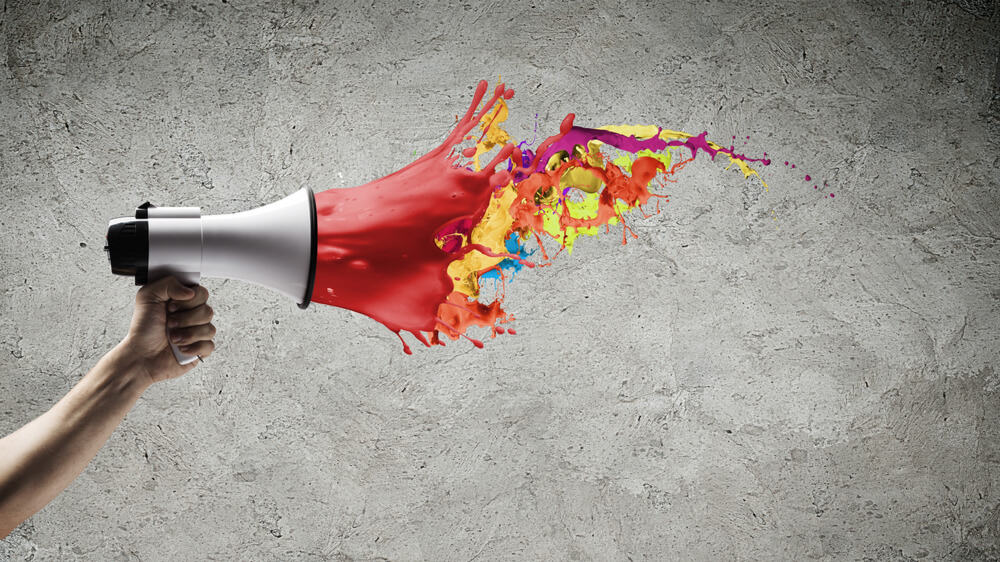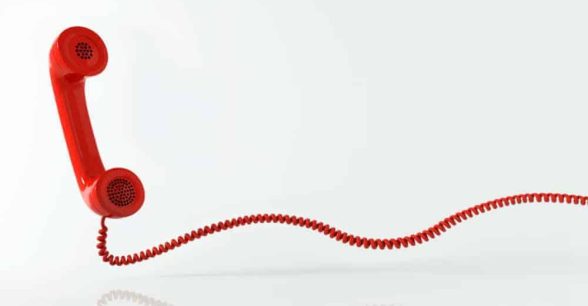I’m a Disability Activist Because I Have to Be, But Not Always Because I Want to Be
“Congratulations,” “this is amazing Shona,” “well done!” All of these are well meaning and probably deserved comments that I often receive in response to results from my activism work, but more recently they’ve felt less like positive encouragement and more like a reminder of how shocking and surprising it is when the rights of disabled people are actually recognized. For a long time, I think I wanted to believe that I’d chosen to be an activist, that I wanted to change the world and do some good. And whilst that’s true to a certain point, I’ve come to learn recently that it’s not the full story.
Activism is not a hobby for a disabled person like me; activism is the only way I can access the world and live the life I want. The generations of disabled people who came before me fought hard for the rights and laws we have in place now to protect us, with the hope that my generation would grow up differently and that we might expect an equal chance at a job and career, fair access to public transport and accessible buildings. This simply isn’t the reality, though. In far too many cases, these laws and rights are seemingly only enforced when disabled people request it. A building or shop can get away without providing accessibility until a disabled person points it out.
Disabled people like me are forced into activism if we wish to live the life that so many of us dream of. Becoming an activist wasn’t a decision that I made overnight; it started slowly. At first I was emailing businesses asking them to buy a ramp, and when I was successful in my requests the adrenaline rush that followed was incredible. With just one email I had single-handedly enabled access to a shop for a whole new group of customers. How amazing? But when I look back now, I don’t view these events in the same way. Instead I’m asking, why did I have to do that? How come it’s down to disabled people to flag these problems?
It was an incident in 2019 that really made me come face to face with my personal battle with activism. I’m an avid theatre-goer and when one of my favourite shows announced a singalong performance I knew I had to attend. The wheelchair space for this particular show was at the back of the dress circle, meaning that when people stood up I couldn’t see. Usually this would only be at the end of a performance but people started spontaneously standing from halfway through the show. I missed whole songs and really special moments. Staff simply shrugged their shoulders in response when I pointed out I couldn’t see anything, a sure sign that if I wanted things to change for the next singalong I couldn’t rely on others to make it happen. I did succeed in getting ‘no standing’ set as a ground rule, but my experience had already been tainted and I was exhausted. From the outside people only saw the win. They didn’t see how much the process had drained me. You’d have thought I’d obtained some kind of special luxury, not just equality. And that’s what people forget: when disabled activists win, we’re only winning what everyone else already has access to, nothing more.
If I want a job, a social life, access to education, there is always a degree of activism involved. There have been times in my life that I look back on now and I think if only I’d spoken up, then maybe I would have had a better experience. And whilst that may be true, why should life be that way? My basic rights should not be dictated by whether I have the energy to be an activist in that moment. I often find myself weighing whether the argument and the battle will be worth it for the result. It feels like I’m walking a tightrope; if I push too much then I tire quickly and lose my balance, but if I stay still and do nothing, I fall.
Disabled people shouldn’t have to sacrifice our emotional and physical wellbeing to push for equality, yet we become activists because society has decided that it’s up to us to enforce laws pertaining to us. True equality should not rely on disabled people using precious energy to hold businesses and governments accountable. Instead of simply celebrating when a disabled person’s wins an accessibility battle win, think about why they had to fight at all. And if you can, consider what you might be able to do to relieve the disability community of some of that burden.
About Rooted In Rights
Rooted in Rights exists to amplify the perspectives of the disability community. Blog posts and storyteller videos that we publish and content we re-share on social media do not necessarily reflect the opinions or values of Rooted in Rights nor indicate an endorsement of a program or service by Rooted in Rights. We respect and aim to reflect the diversity of opinions and experiences of the disability community. Rooted in Rights seeks to highlight discussions, not direct them. Learn more about Rooted In Rights




Hi Shona,
I wanted to acknowledge your forced activism, and thank you for taking the time to write letters, follow up, and think about your legacy. I haven’t had your success, and though I have written letters, asked for assistance from governmental agencies, and attended numerous rallies, protests, meetings, I still haven’t seen ADA compliant court entrances, and stores. I buy most items online. I wish you continued success.
Love it! Am gonna cut n paste much of it to my mother! Who now has control of my bank accounts, aaarrrggghhh! Am a 44yr old woman who hit hard times when diagnosed with acute multiple sclerosis, so no job, no car, just crappy benefits compared to the salary I had!!! Anyhoo, my young boys (aged 13 & 11) have chosen to live with their father (mainly because he has both PS4 players!) , ah well, I see them occasionally, when HE dictates! Aaarrrggghhh, will stop ranting now!
OMG, what an articulate statement of truth! We people with disabilities have to spend so much time and energy to just do what nondisabled people take for granted-using a public restroom without risking a fall. attending a meeting without missing what’s being said, filling out a form without asking for help, all because accessibility regs were not complied with to make sites or activities accessible. Thanks for speaking out!
The whole point why I got into activism. With all the credentials that I have, I had to face the facts with my personal battle will be worth it for the result. I thought I was in the best position to challenge ableism. Here I stand strong!
Absolutely spot on, i have been trying to explain that about pioneering peer support systems, (Breaking Ground), unintentionally, it is not because it was a choice or a path in life, chosen, it was chosen as a choice of path needed or wanted, by me, love the entire text, it is spot on. hopefully in time i will be able to articulate the entire experience, as clear and as concise as you have here.
Well said and spot on. It is truly exasperating to have to fight for access and equality, I live in a town where I feel like a caged animal because of the lack of accessibility and I’ve spent the last 10 years fighting to change that. I’m exhausted but am happy for the things I’ve changed for those who can’t fight.
Great article. I’m an accessibility consultant with my own disability and you would be amazed at how often I have to compile a case for what is legally a reasonable adjustment despite the fact a company has contracted me in specifically to make them more accessible.
So true l agree with you having my disabled son made me the activist lmam fighting for his rights to inclusive education, which he didn’t have, but welldine and wel said